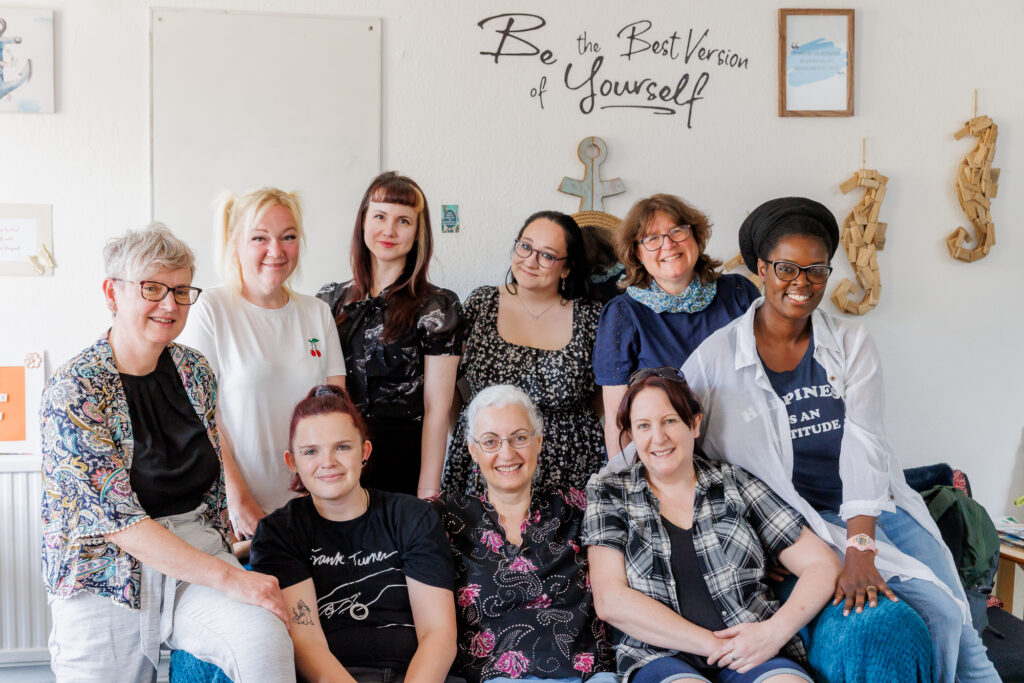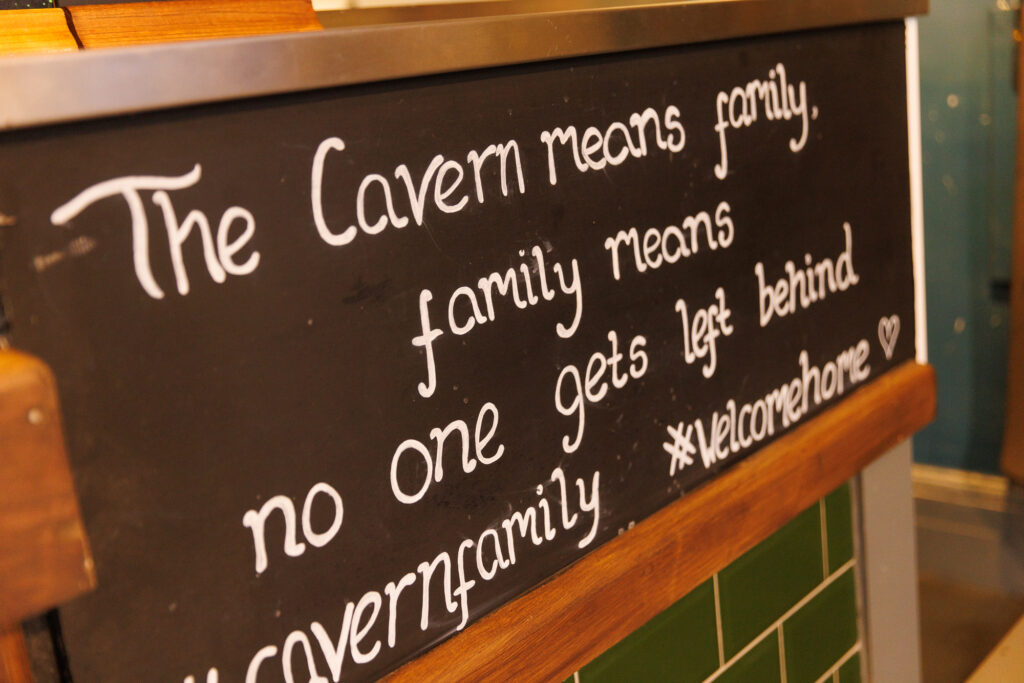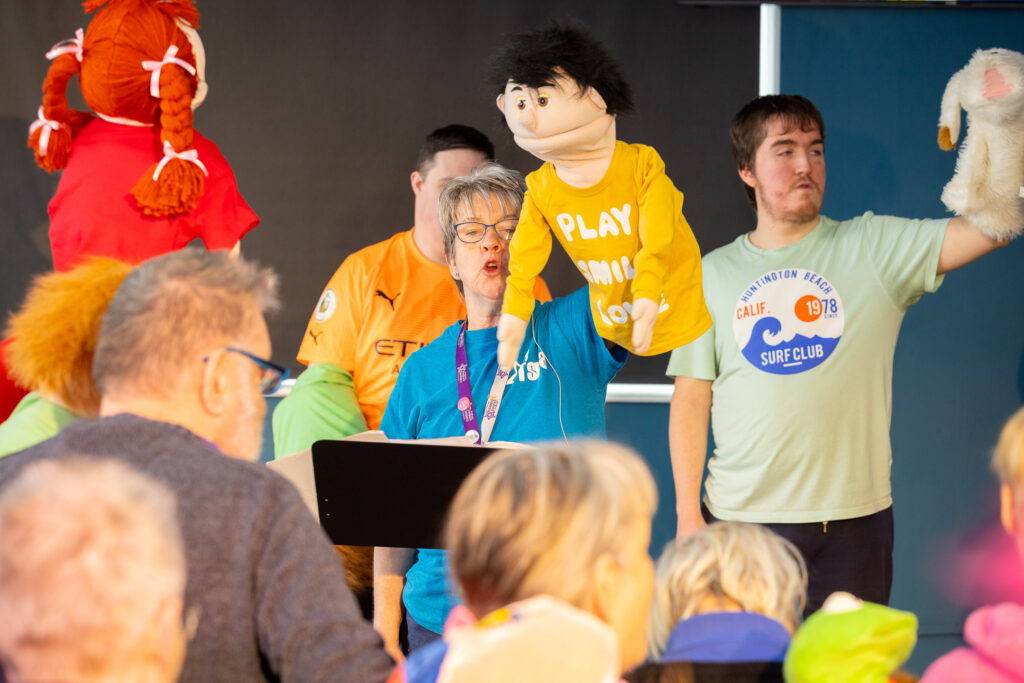I have had the privilege of walking alongside some very vulnerable young people and adults for many years now. Many have faced hardships and challenges that most of us would struggle to imagine. I have been humbled as I have witnessed people courageously face and overcome the most challenging of circumstances and start to build or rebuild a fulfilling life for themselves and those they love. However, over the years I have also witnessed more times than I care to remember, the heartache of watching someone who has worked hard for weeks , months even years sometimes, get within relatively easy reach of their stated dream or goal only to seem to fall at the final hurdle, reverting back to all their old destructive patterns of thoughts and behaviour. It seems as if they make a choice to push some internal self destruct button bringing down around them everything they have worked so hard to achieve. For those who are walking alongside them on their journey, this phenomenon can be hard to understand, painful to watch and very frustrating. The human psyche is very complex and there is no simplistic answer to this. However, may I share a little of my own experience which might shed some light onto why the prospect of living in the light of positive change and emotional healing can feel very scary.
When my son David was 7 years old he was diagnosed with cancer. He had an operation to remove his kidney and underwent 6 months of chemotherapy. After being in remission for two and a half years, and just as we as a family were beginning to think this nightmare was coming to an end, he relapsed. This time the tumour was on his lung. David endured many operations, a year of intensive chemotherapy including some new trial drugs, as the doctors fought to save his life. As you can imagine it was a truly dreadful period of my life. I spent months in hospital with David and he could not attend school for long periods of time due to the risk of infection. During this period my life changed. I changed. I could no longer work, I became dependent on DLA (as it was then), some old friends disappeared as they just couldn’t cope with the situation, my diary became dominated by the next stay in hospital and my days became full of different routines such as checking my son’s temperature. My world had became much smaller and my identity seemed to have become synonymous with my son’s illness. I was that woman who’s son has cancer.
At the time I recognised the feelings of isolation and disconnectedness that suffering often brings, but I didn’t reflect too much on what was happening to me. The only thing that mattered was getting my son through his treatment. Fast forward a few years and David was off treatment, back to school and the sort of “normal life” that I longed for as I sat next to him lying in a hospital bed, was beginning to resume. However, I felt far from “normal” and felt really ill-prepared to find my place in this “ new” world of being well. My confidence in myself, my abilities in the workplace, in life generally, and my sense of identity, had all taken severe blows. It took me years to “find myself” again.
As I see people press their self destruct buttons I reflect on this time in my life and understand some of the fears and insecurities the thought of “normal” living can bring. I understand the desire to cling onto the familiar however awful that may be. Although I hated seeing the devastating effects that the chemo drugs had on David’s body, it felt far more scary when his treatment had finished and it was his body alone fighting the ever-present threat of relapse. Likewise, I think, when people leave an environment that has offered a certain amount of structure and support and are deemed “ well” whether that be mentally, emotionally or physically it can sometimes seem far from the celebration we would expect. It can actually feel very scary to be fighting the threat of “relapse” in our own strength.
These experiences have made me consider the need for far more preparation for people to be able to embrace being “ well”. This journey will look different for everyone of course, but I would suggest we need to offer help in areas such as rebuilding confidence, help build a sense of identity by discovering or rediscovering gifts and talents, helping people discover what their passions might be and allowing people to be honest about expressing any fears they may have of relapsing or making their way in a world that now seems bigger than it did before.
At Kingfisher Treasure Seekers we are trying to learn more about how we can prepare people for the realities of being well. This is a big focus for us now as we, for example, pilot a new training programme which seeks to address some of the issues highlighted above.
As people take the brave, often tentative steps of coming out of their “nest” we want them to be able to fly. To soar to the heights they were always intended to be at. To become the best version of themselves.







